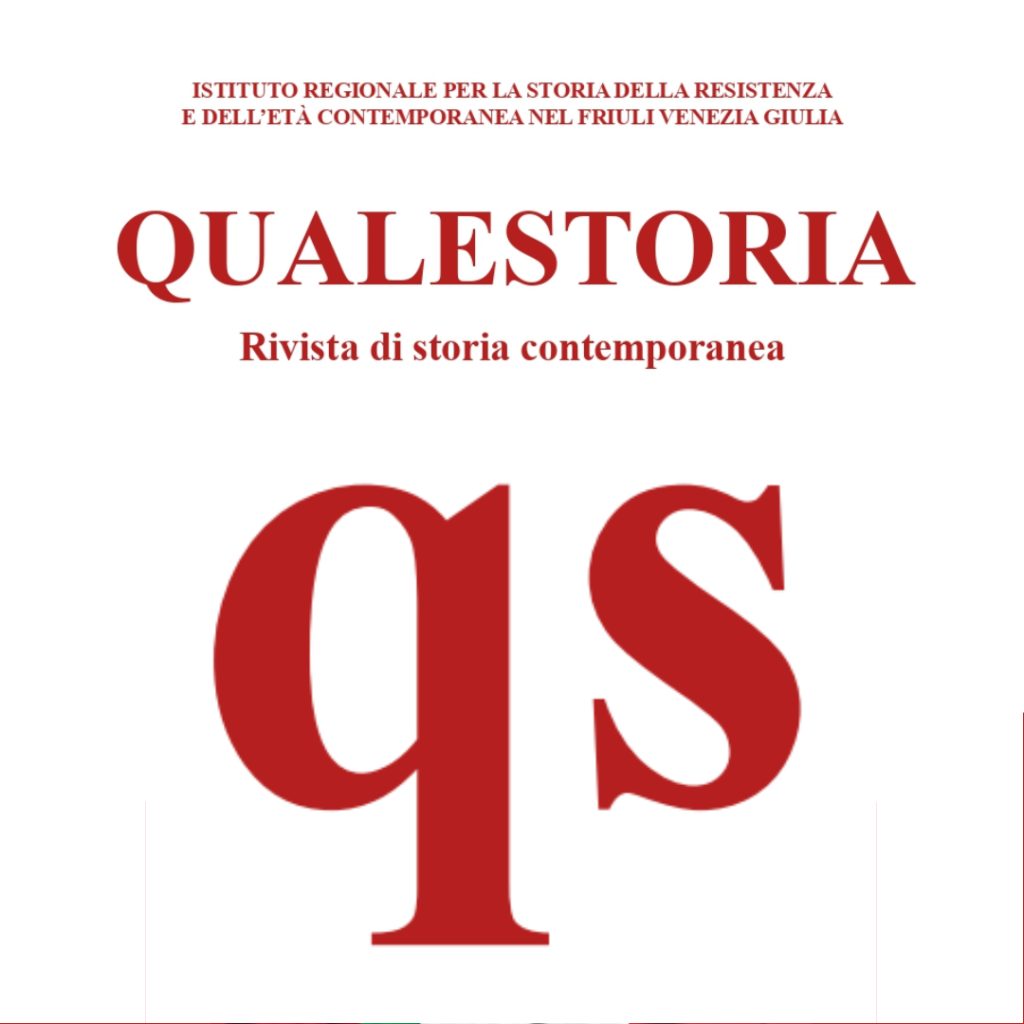Political Transition in East-Central Europe and the End of the Cold War, 1985–1991
Mon. Dec. 14 2015
4:00pm — 5:30pm
6th Floor, Woodrow Wilson Center
Csaba Békés argues that the eventual Soviet acceptance of internal political changes in East-Central Europe in 1989 by no means meant that Gorbachev was ready to give up the Soviet sphere of influence in the region as well. His efforts to preserve control over the area were greatly facilitated by the fact that until the end of 1990 the Western powers, which welcomed the internal political transition, – contrary to the interpretation of mainstream literature – did not support the aspirations for independence of the states of the region, not even in the form of neutrality.
Csaba BÉKÉS, Ph.D., Doctor of the Hungarian Academy of Sciences. He is founding director of the Cold War History Research Center (www.coldwar.hu) and Research Chair at the Institute of Political Studies, Hungarian Academy of Sciences, both in Budapest. He is also Professor of History at Corvinus University of Budapest and a recurring visiting professor at Columbia University. He is a former research fellow of the Cold War International History Project at the Wilson Center and the Project on the Cold War as Global Conflict at New York University. His main field of research is Cold War history, the history of East–West relations, Hungarian foreign policy after World War II, the history of the Soviet Bloc and the role of the East Central European states in the Cold War. He is the author or editor of 20 books, he is also a contributor of the three volume The Cambridge History of the Cold War (2010). He is a member of the editorial boards of the Journal of Cold War Studies and Cold War History. His latest book was published this Summer: Soviet Occupation of Romania, Hungary, and Austria 1944/45–1948/49, (co-ed. ), his book: Hungary, the Soviet Bloc and World Politics, 1944–1991 is forthcoming.
The seminar is sponsored jointly by the National History Center of the American Historical Association and the Wilson Center. It meets weekly during the academic year. See www.nationalhistorycenter.org for the schedule, speakers, topics, and dates as well as webcasts and podcasts. The seminar thanks the Society for Historians of American Foreign Relations and the George Washington University History Department for their support.
Ronald Reagan Building and International Trade Center
One Woodrow Wilson Plaza
1300 Pennsylvania Ave. NW
Washington, DC 20004-3027












